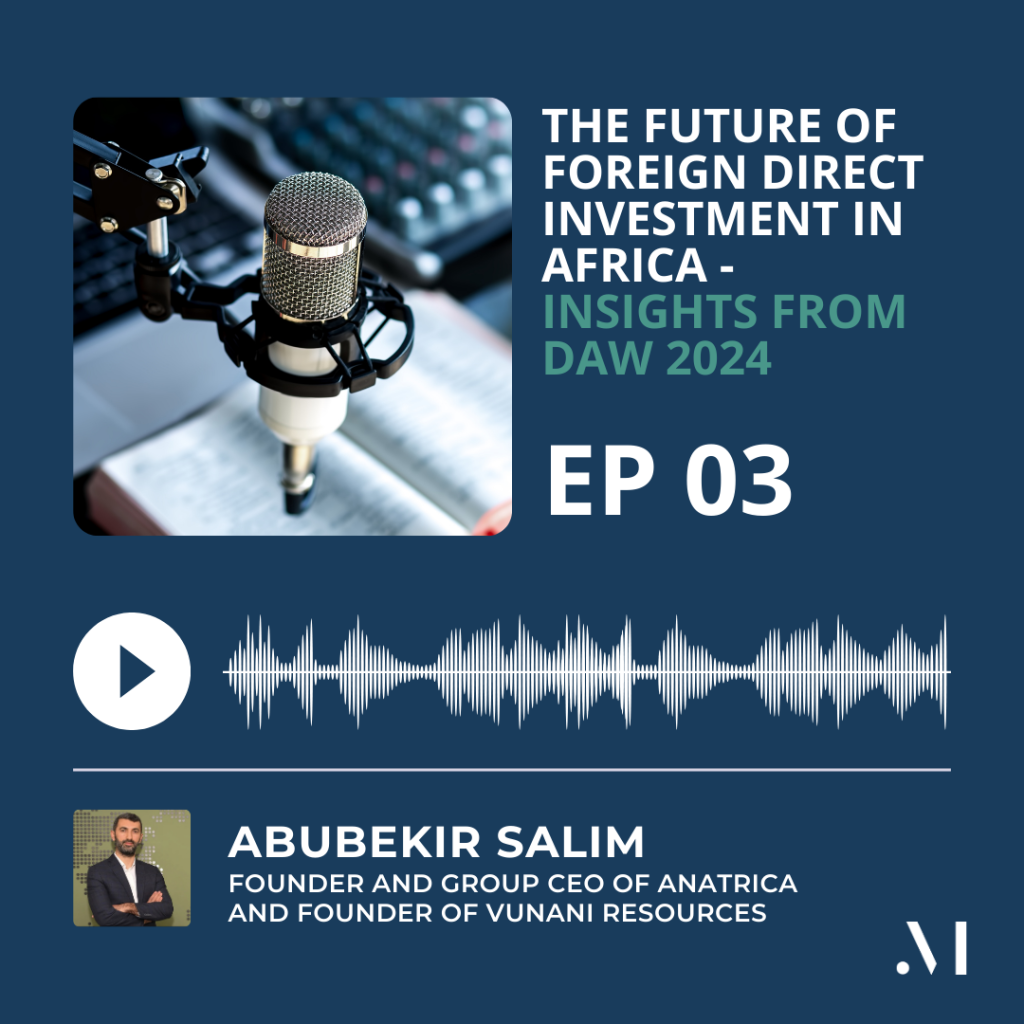Exploring the Shifting Landscape of Foreign Direct Investment (FDI) in Africa
In recent years, the landscape of FDI in Africa has undergone a profound transformation. Historically, public sector investment dominated, with the private sector coming in as a secondary player. However, we are now witnessing a significant shift, as the private sector becomes increasingly involved in driving economic growth across the continent.
What’s Changing? As countries across Africa diversify their investment portfolios, we see a growing interest from investors not just from traditional powerhouses like the US, China, and Europe, but also emerging markets such as the UAE. This shift reflects Africa’s increasing ability to choose its investors, opening the door for more private sector FDI opportunities.
Challenges Ahead While FDI is growing, Africa faces a massive infrastructure gap that cannot be ignored. From energy and roadways to ports and telecommunications, the continent must address these gaps to sustain growth and attract further investment. The African Free Trade Agreement is a step in the right direction, but significant hurdles remain in implementing its full potential.
A New Approach to Doing Business in Africa For investors, doing business in Africa isn’t just about making money. It’s about engaging with the community, understanding the needs on the ground, and investing in long-term solutions that benefit both business and society. This means investing in schools, infrastructure, and other community developments that will help foster sustainable growth.
As Africa continues to evolve, private sector involvement will play an essential role in its future. The key is recognizing that growth comes with responsibility, and true success will come from a partnership approach that prioritizes people alongside profits.

